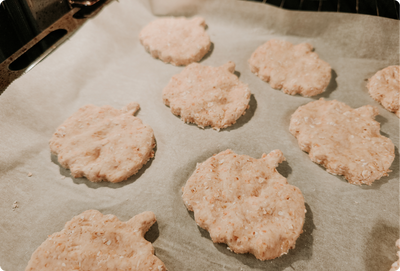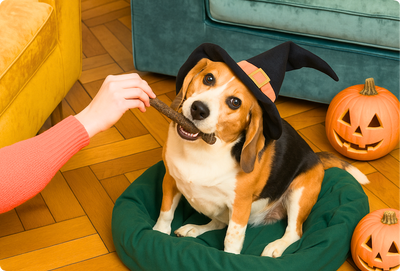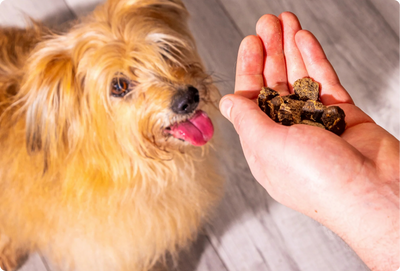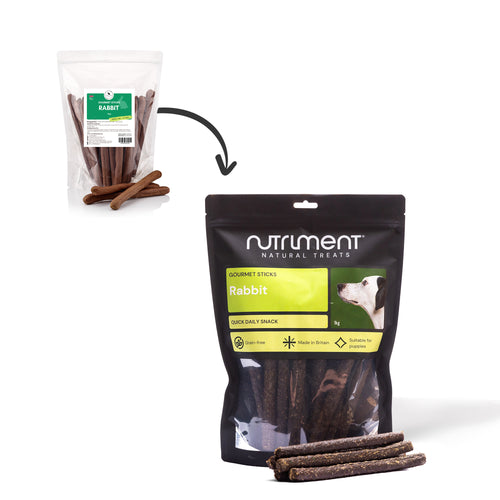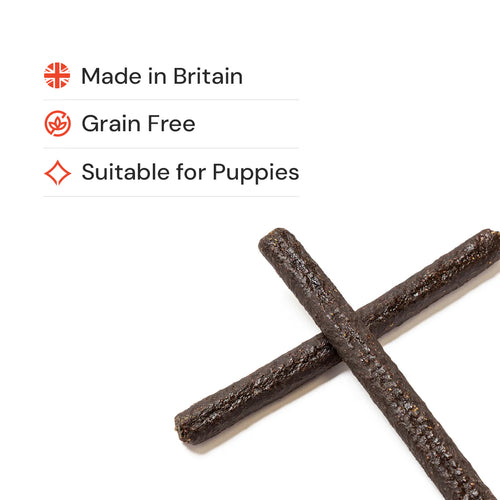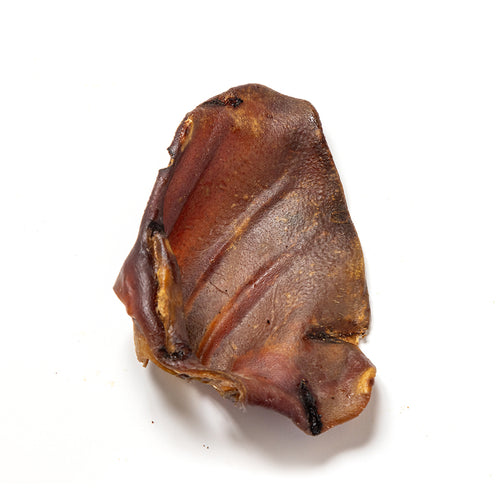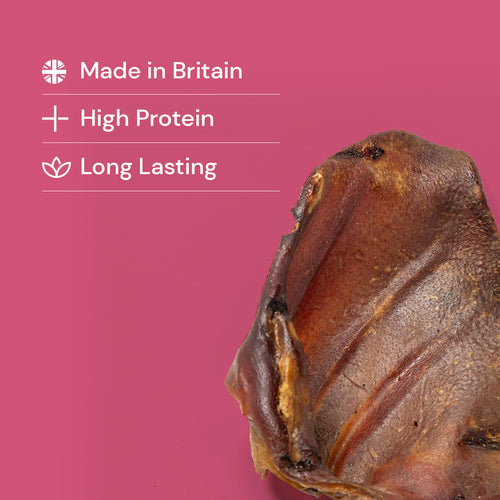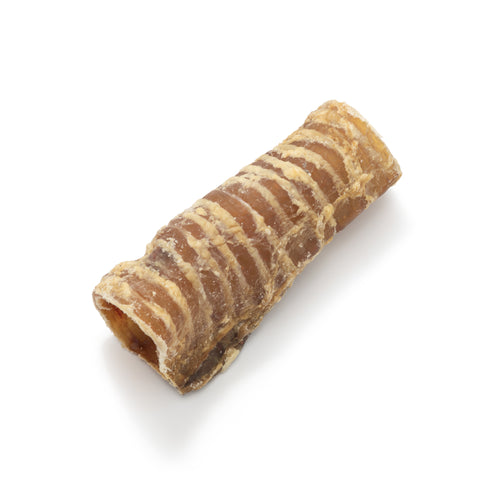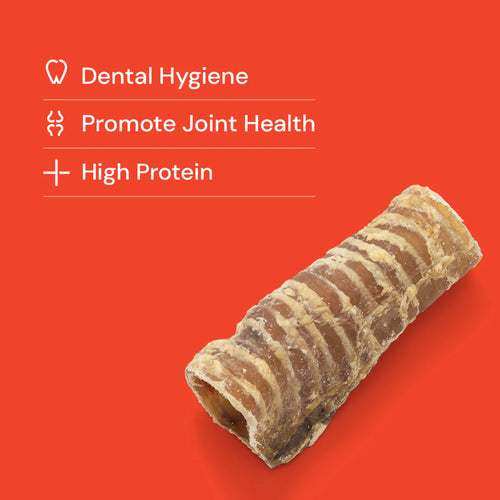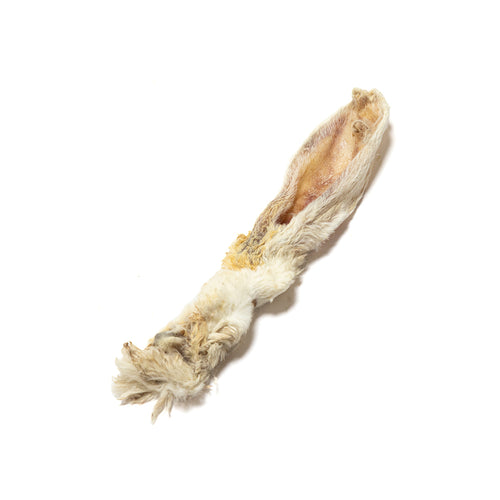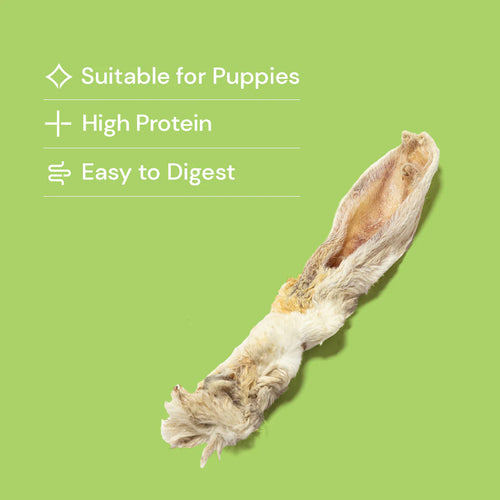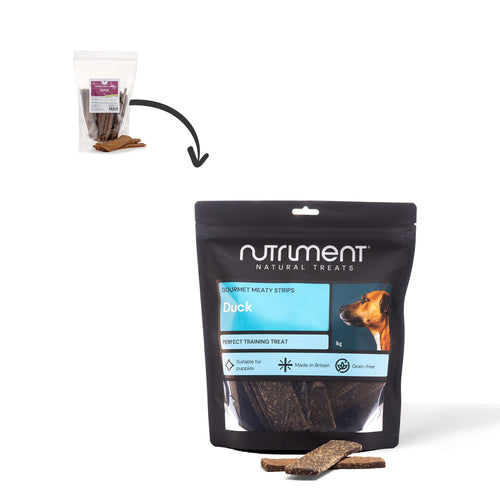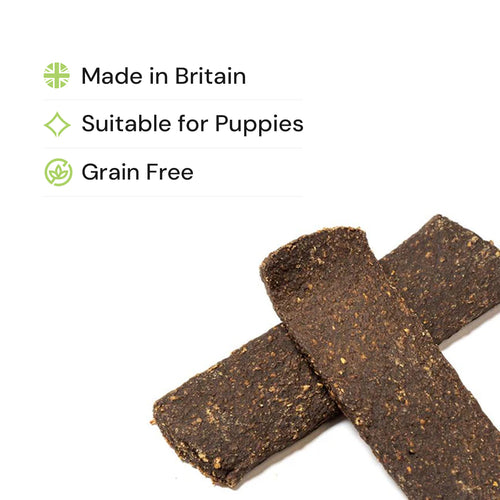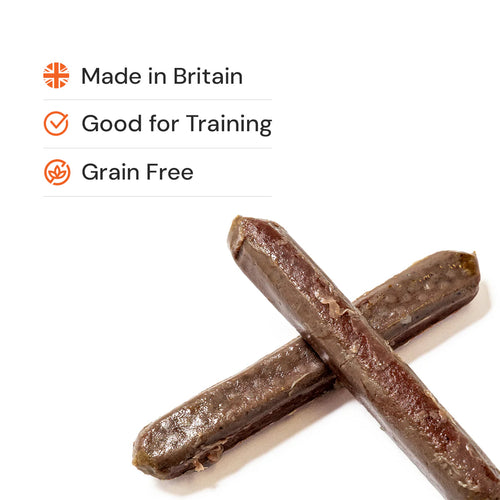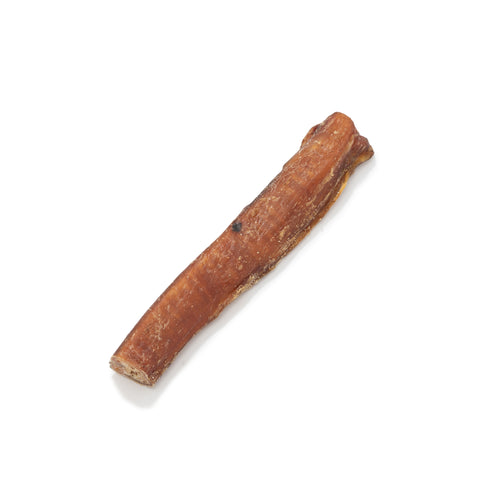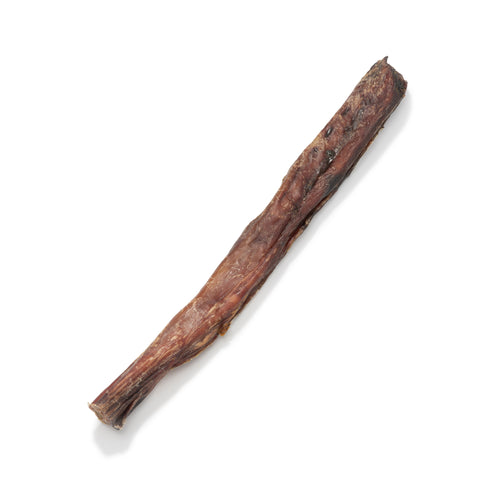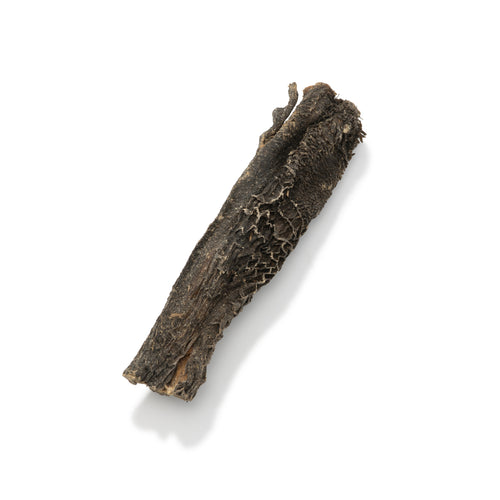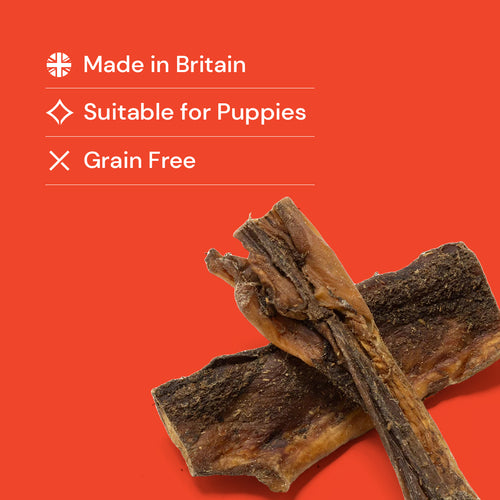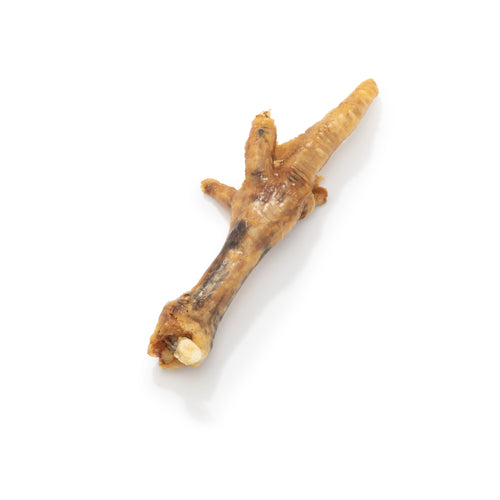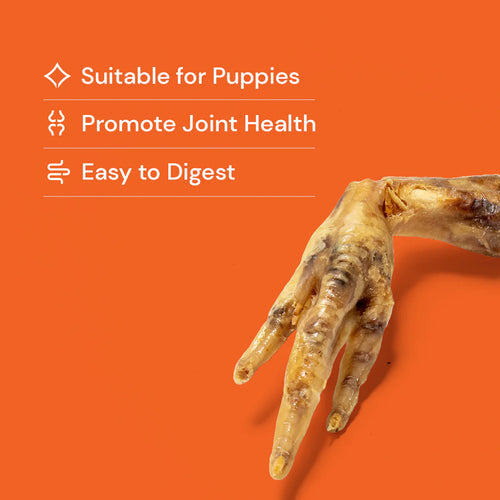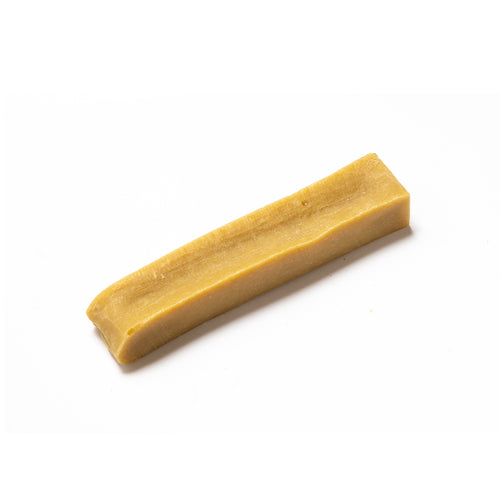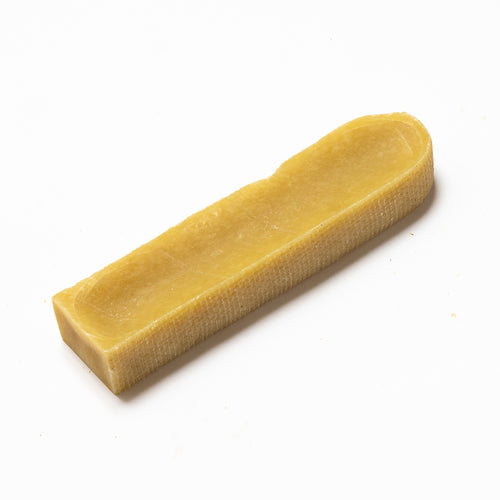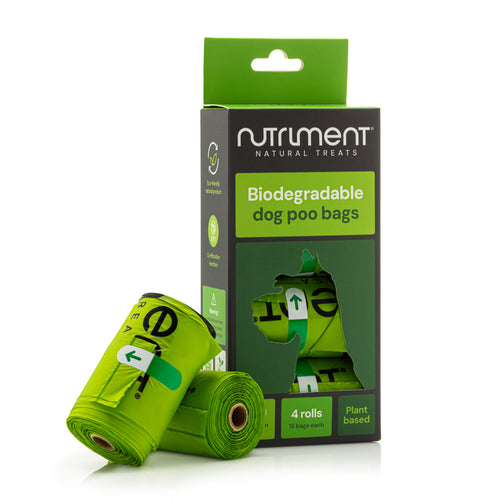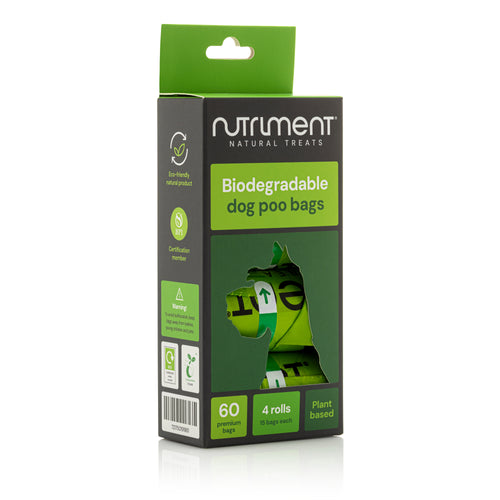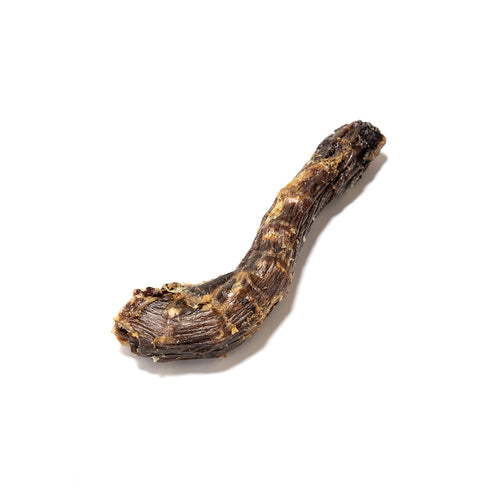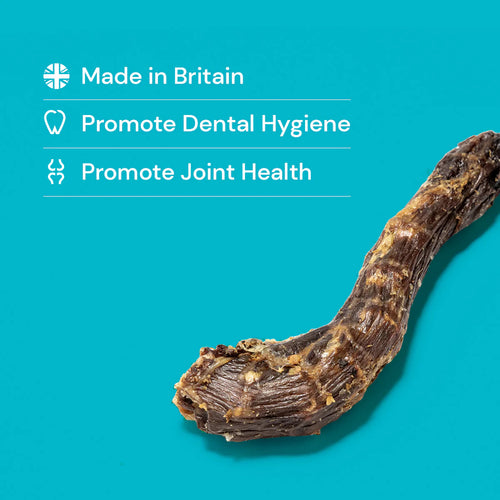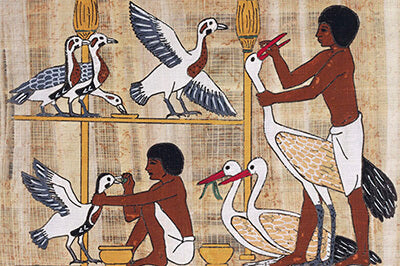
(Written by Georgia Hatton)

Pate (noun): A spread of finely chopped or pureed meat
Traditionally pate for human consumption is made from a combination of meats, mixed together, and baked either in a pastry or in a moulded dish - also known as a terrine. The most famous pates are made from the livers of birds, typically goose or duck and the earliest depictions of this form come from Ancient Egypt, over 4000 years ago.

From there, the eating of these fatty livers spread across the mediterranean, to Greece, then Rome and eventually to Europe, where, in France, the term “pate” was first used to describe the pate from fatty goose livers by Jean Joseph Clause from Normandy in the late 1700’s.
In modern times, pate comes in a range of products - from the most expensive, cooked by Michelin star chefs to the humble pork pie - and the same is true for pates for dogs.
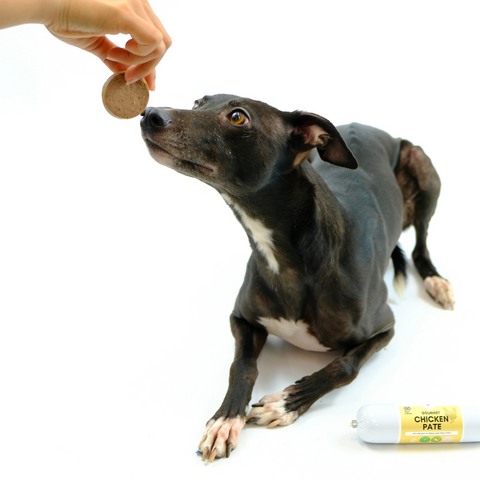
The most common of these is a type of wet food. Usually cooked in a tray, these loaf products are a common item in food bowls countrywide. Whilst enjoyed by hundreds of thousands of dogs, they aren’t the easiest to use as training treats, and aren’t always made from very high quality ingredients.
In recent years, many different pate style dog treats have started on the market - usually high in meat, they are used for a variety of purposes, including training treats or for enrichment toys. They are high quality, high value, high reward treats.
Our gourmet pate product is made right here in the heart of the UK, from 100% meat from a single protein source.

Not only can you be sure your dogs are getting high quality meat, it has low “food miles” as it will be made, packed, and sold all from our factory in Staffordshire!




